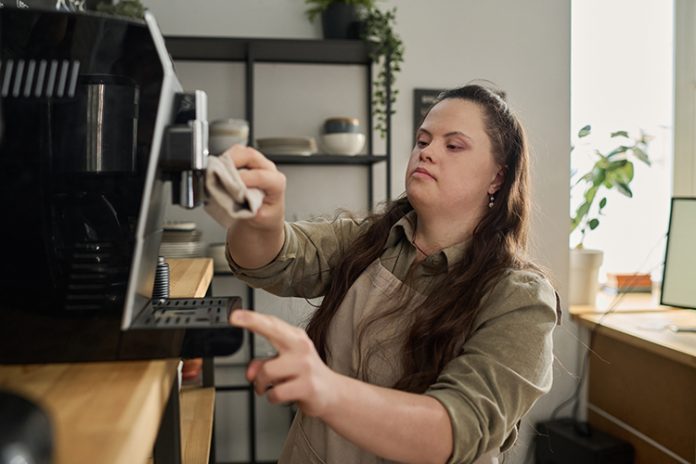The Public Services Committee has published its report, ‘Think Work First: the transition from education to work for young disabled people’. The report concludes that young disabled people yearn to work and to thrive in their careers but far too many are written off and told that ‘people like them’ can never succeed.
The Committee believe we have to change this; we have to start with the presumption that young disabled people are fully capable of thriving in work, as long as they have the appropriate support, with aspiration and ambition at its heart. At every stage of a young disabled person’s development, from nurseries and schools to job centres and employers, we have to Think Work First.
Speaking on the report, the Chair of the Public Services Committee Baroness Morris of Yardley said “This report provides a blueprint for the new Government to implement its commitment to getting more young disabled people into work. It highlights how to put in place appropriate support for young disabled people and employers so that the system is both cohesive and effective.”
To address this, the Committee has recommended the Government focus on early support and intervention, ensuring that young disabled people can access and then remain in work once they leave education. It must also work with employers to ensure they have the tools and support they need to create inclusive workplaces and uphold the rights of disabled people.
In order to ensure that these recommendations are implemented, to help young disabled people access work, Baroness Morris said:
“We’ve asked the Government to provide us with regular updates on its progress with implementing our recommendations, and we look forward to receiving its response to this report. We want to see positive changes in the form of planned programmes and demonstrable actions not only to get young disabled people into the workplace, but to ensure they can thrive in their jobs, develop successful, sustainable careers, and realise their full potential.
“There are many excellent innovative schemes tackling the barriers that young disabled people face when trying to enter the workplace and helping them to make the transition from education to employment. However, we found that these are the exception rather than the rule and this has to change.”







